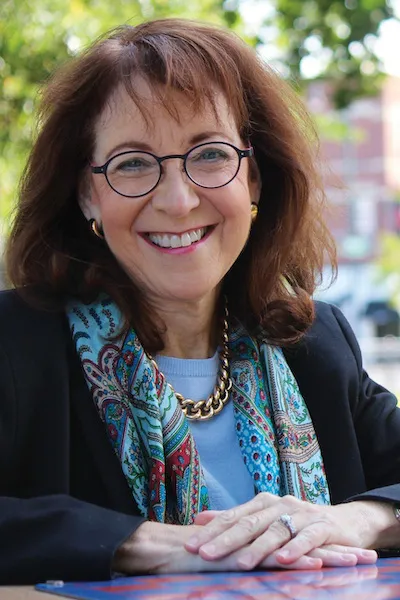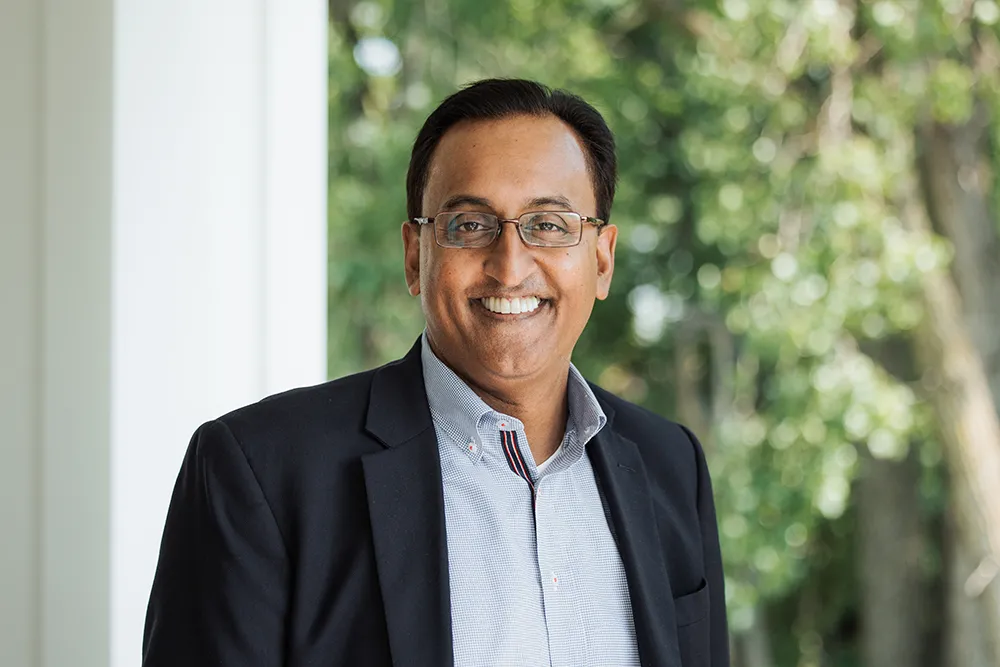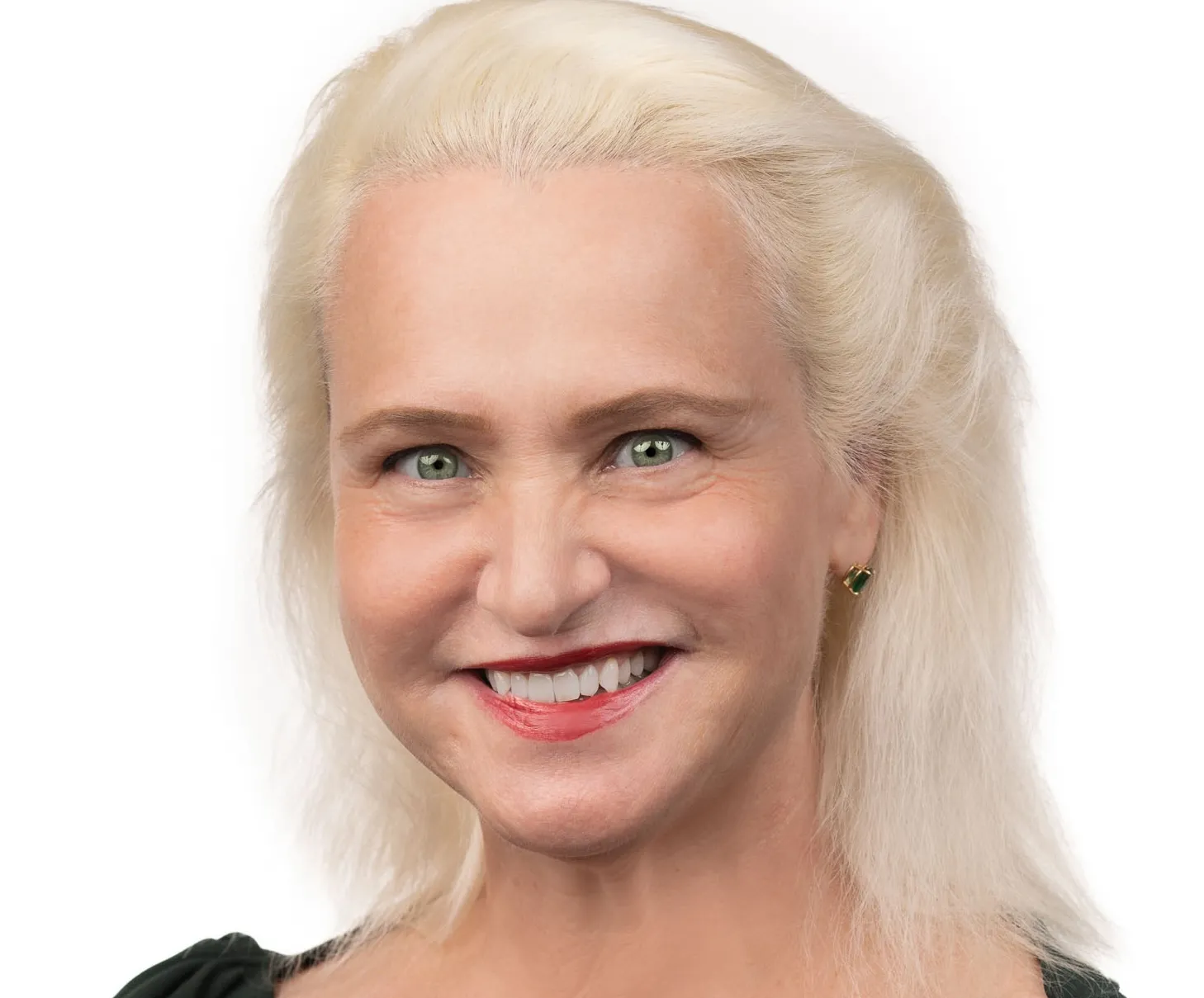Michele Smith, ’79: Building an Aldermanic Career on a Law School Foundation

Michele Smith, ’79, is serving her third term as a Chicago alderman. First elected to that office in 2011, she is one of 50 alderman who make up the City Council.
“It’s hard to think of another job that combines substantial policy-making with grassroots constituent engagement and direct service like being an alderman does,” she said. On the policy side, in recent years she has had a central role in the design of Chicago’s far-reaching ordinance for citizen review of police practices; she chairs the council’s committee on ethics and oversight, which has led the passage of landmark reforms; and she has been a leader for improved policies in areas that include juvenile justice, gun violence, and the environment.
Service is a high priority for her office, which handled more than 14,000 constituent requests last year from the ward’s residents, who live in neighborhoods that include Lincoln Park, the Gold Coast, and Old Town. “I have lived in this ward for more than 40 years and raised my daughter here,” she said. “I’ve campaigned here six times in the last 15 years, led and participated in countless meetings, and also served as the Democratic committeeman for eight years. These are people I know, and who know me. Their concerns are my concerns.”
After graduating from the Law School, she clerked for two years for US Court of Appeals judge William J. Bauer and then served in the US Attorney’s office for eight years, where she prosecuted more than 400 narcotics, white-collar, and political corruption cases. In 1989 she joined Navistar International Corporation, where she worked for fourteen years, eventually becoming general counsel for the company’s 2.5-billion-dollar engine group.
“From the Law School onward, crucial learnings and experiences have been essential to my effectiveness in my current role,” she said. “As it does, the Law School gave me a lifelong foundation for sound reasoning and advocacy—and the faculty and Dean Morris were instrumental in my obtaining the clerkship with the great Judge Bauer, who taught me so much about how to be a thorough and ethical legal professional.”
Among her cases as a US Attorney was one involving an undercover informant whose lying had led to a wrongful conviction, which then sullied the informant’s testimony in previous cases. “I saw good people facing an awful situation with a commitment that the integrity of the justice system had to be the first priority,” she said. “That memory has stayed with me, and it has been particularly salient as I have worked toward our new police accountability legislation.”
At Navistar, she was part of a multiyear reformation of the company’s healthcare and pension offerings, a subject she would also address as one of the City Council’s leading advocates for better policies in those areas. As GC of Navistar’s engine group, she was deeply involved with the company’s push for federal zero-emission standards for diesel engines. “I learned a lot at Navistar about how businesses work, and a lot about the possibilities for collaboration between government and business for the common good,” she said.
Just after her first aldermanic election victory in 2011, the City Council announced its proposed postcensus redistricting plan, which sliced up her ward and distributed the pieces into five separate districts. The ward’s residents rallied against the proposal, with as many as a thousand of them attending one public meeting to confront an influential drafter of the plan. “It came home to me powerfully then that a big part of my job is to be a community consensus builder, providing information, a central point of contact, and forums for residents to reach appropriate conclusions that I can then help to advance,” she said.
She is participating as a mentor in a UChicago program for prelaw students aspiring to political careers. “I think a major lesson that many of us gained from our time at the Law School was that intellectual and ideological rigidity are counterproductive to finding the best solution in almost any situation, and I think we are seeing too much of that rigidity in our world today,” she said. “I’m going to try to get that message across to the students I mentor—and I hope all Law School graduates will be alert to situations where a narrow or one-dimensional view will block the way to creating the best possible outcome.”


